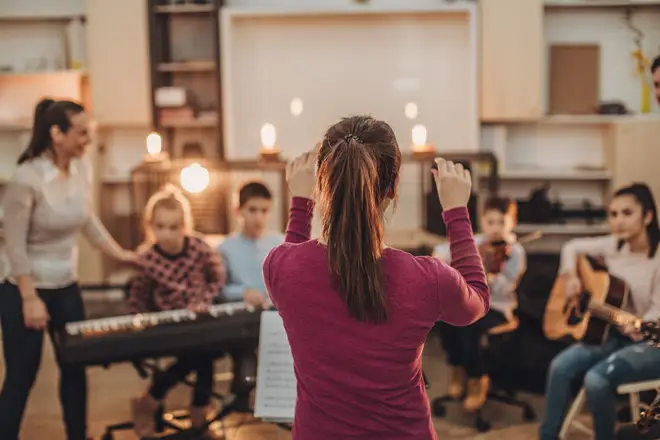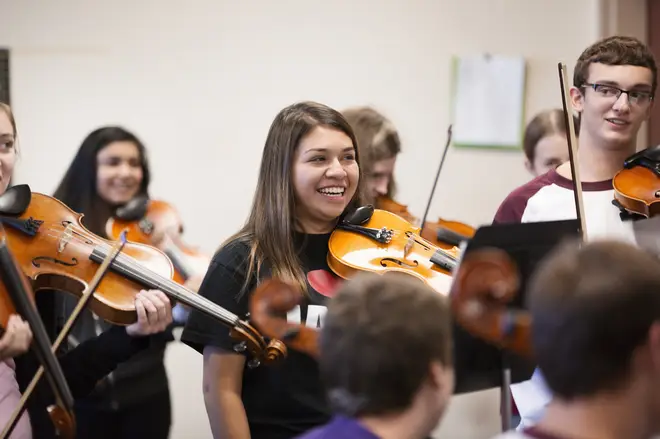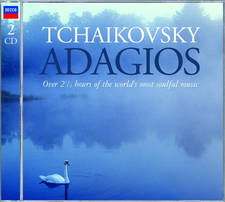It’s true – music really does make students smarter, and this study proves it
15 January 2021, 13:03

We’ve all heard of the ‘Mozart effect’ on children – and now, this study appears to confirm a strong relationship between music lessons and high performance in other subjects.
Last year, a music educator set out to disprove any relationship between students’ musical and academic achievement.
And the results of his study ended up doing just the opposite.
Martin J. Bergee, from the University of Kansas, carried out a study with 1,000 students, all aged 10 to 14, from seven US school districts, to investigate the link between music education and increased performance in other disciplines like maths and reading.
Bergee studied the students’ background, including their race, family income and education, and the area they lived in, expecting to find that any link between music lessons and other academic success would disappear once these variables were taken into account.
“There has been this notion for a long time,” Bergee said, “That the more you study music, the better you’re going to be at math or reading. That’s always been suspect with me.
Read more: The ‘Mozart effect’: will classical music really make your baby smarter? >

“I set out to demonstrate that there are probably a number of background variables that are influencing achievement in any academic area – things like the educational level of the family, where the student lives, whether they are white or non-white, and so forth.
“My intention was to show that […] once those outside influences, like demographics, are controlled for, the relationship essentially disappears.
“But hang on. Much to my surprise, not only did they not disappear, but the relationships are really strong.”
Read more: Studying music makes your brain more efficient, study reveals >
Bergee’s study, co-authored with Kevin M. Weingarten and published in Journal of Research in Music Education – read more about the results here – concluded that music lessons really did make students better mathematicians and readers.
“Based on the findings, the point we tried to make is that there might be general learning processes that underlie all academic achievement, no matter what the area is,” Bergee said.
“Music achievement, math achievement, reading achievement – there are probably more generalised processes of the mind that are brought to bear on any of those areas.

Musical flashmob protests music tuition cuts in Midlothian Council
“If you want a young person’s – or any person’s – mind to develop, then you need to develop it in all ways it can be developed,” he said.
“You can’t sacrifice some modes of learning to other modes of learning for whatever reason, be it financial or societal.”
A study not dissimilar from Bergee and Weingarten’s, published in October last year, found that children who play a musical instrument have a better memory and attention span – as well as greater creativity and a better quality of life.
Neuroscientist and violinist Dr Leonie Kausel, who worked on the study, said: “I think parents should not only enrol their children [in music classes] because they expect that this will help them boost their cognitive functions.
“But also, because it is an activity that, even when very demanding, will provide them with joy and the possibility to learn a universal language.”









































